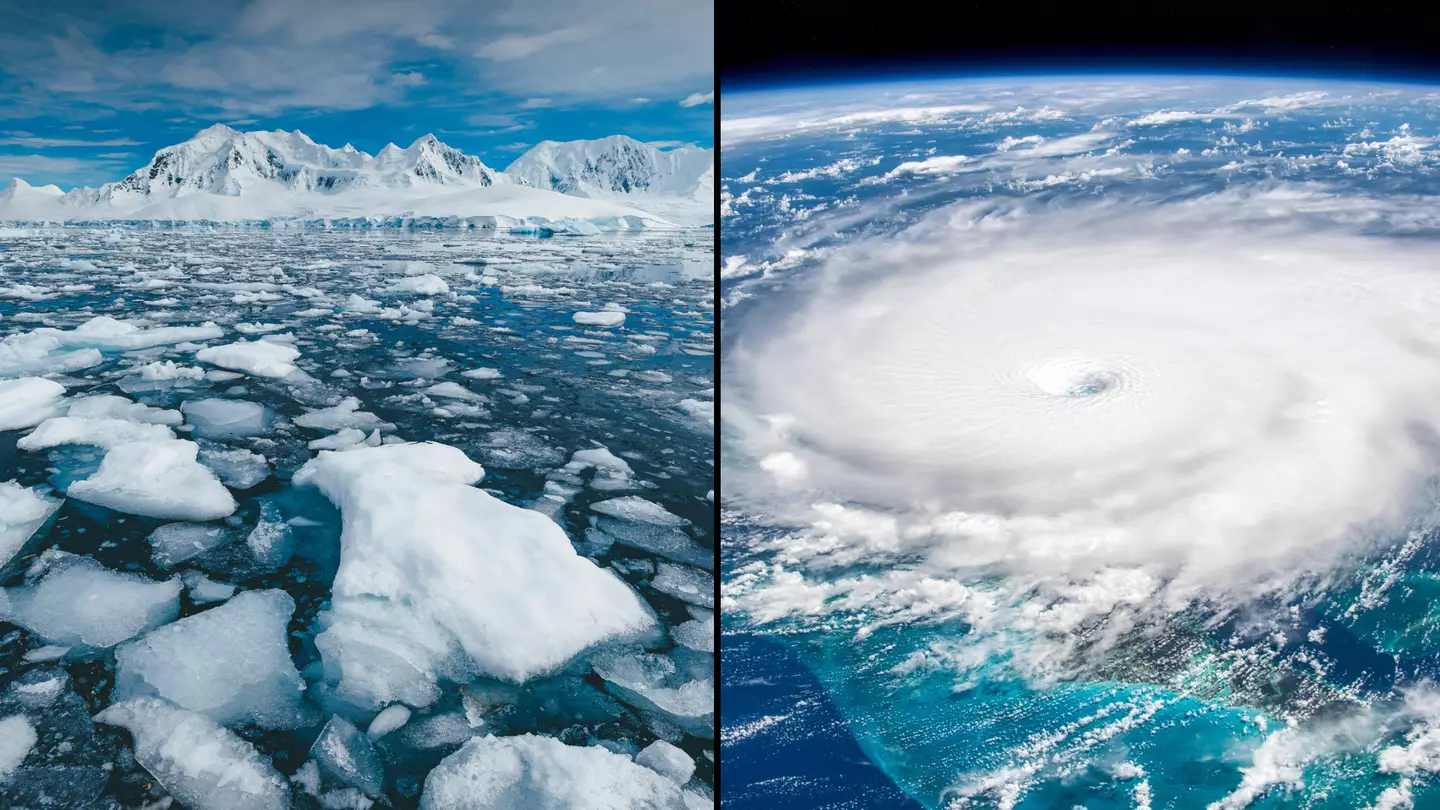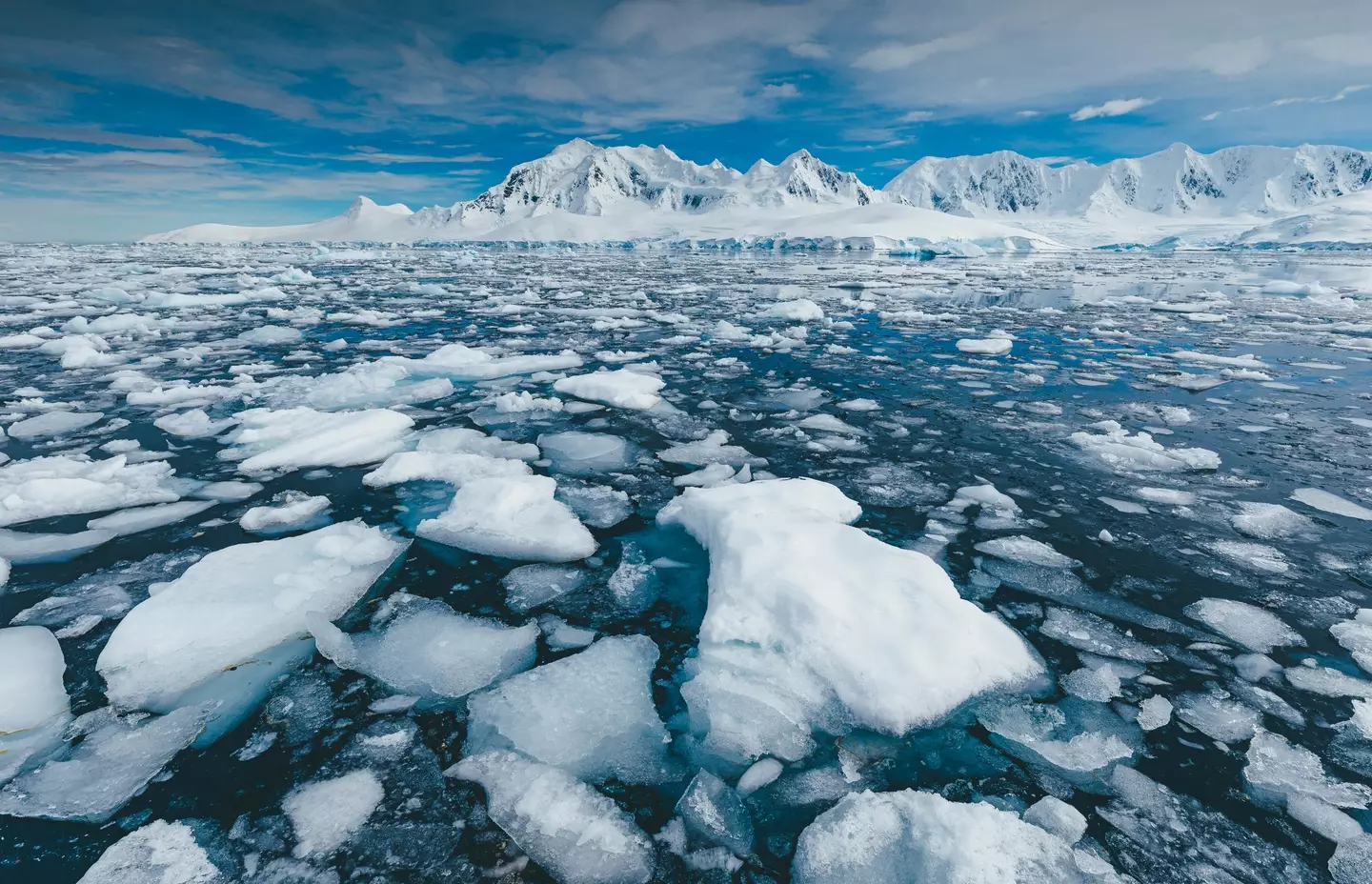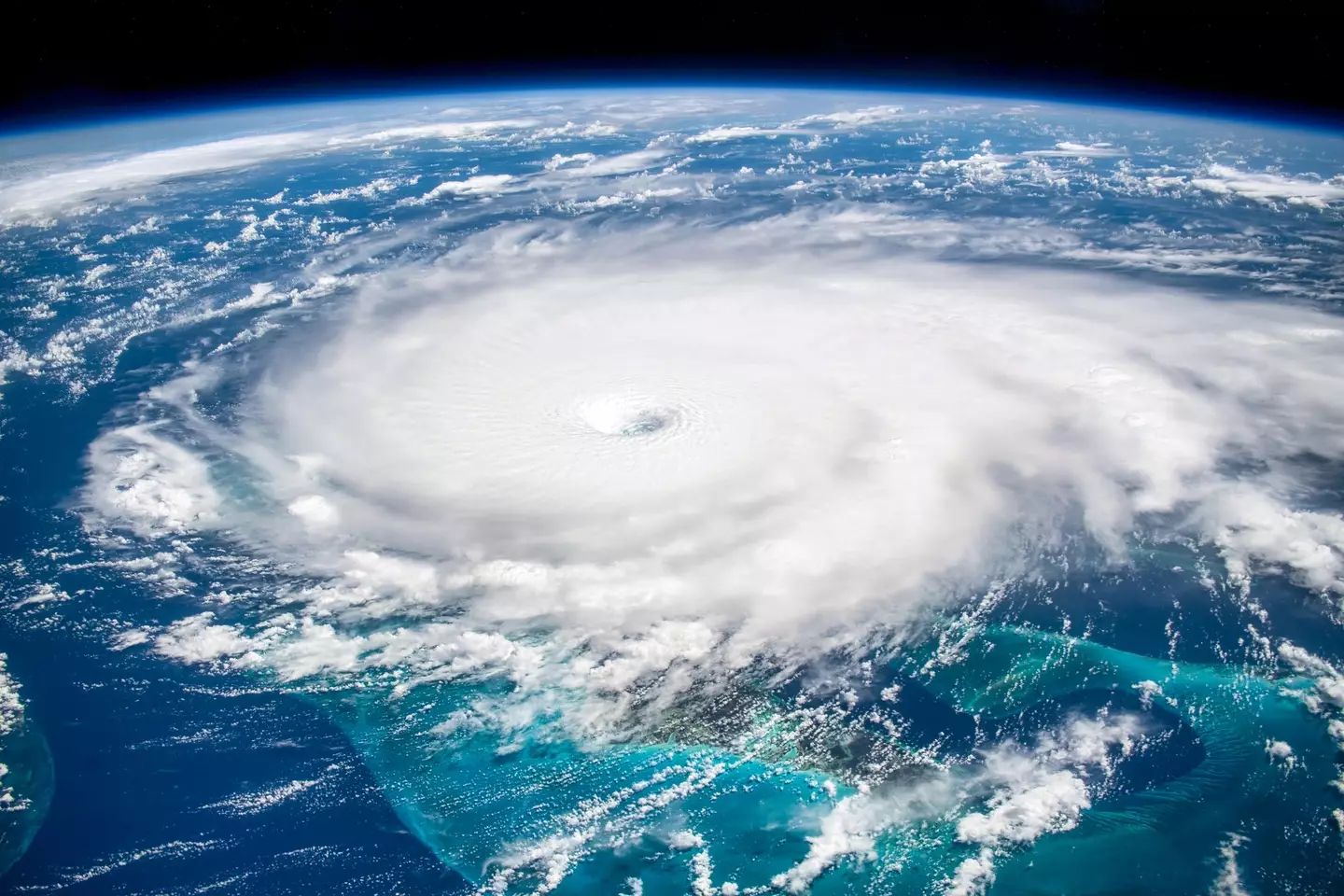
The latest scientific research has some damning results for humanity, as it looks like Antarctica may be in big trouble.
Specifically, a massive vortex of ocean water surrounding the continent seems to be getting faster and more dangerous.
Its swirling volume is more than 100 times larger than all the rivers in the world combined, but what could be causing this to happen?
It's another one that's our fault, as climate change is the cause of all of this.
Advert
According to a new study that has collated and analysed the past 5.3 million years of the Antarctic ocean vortex's behaviour, it has used sediment (specific types of rock) cores taken from the Earth's roughest and most remote bodies of water to come to this conclusion.
The vortex is also known as the Antarctic Circumpolar Current (ACC) and it slows down in cooler periods of time, such as any of the Ice Ages, and it begins to speed up in warmer periods of time, like the one we're in now - thanks to global warming.
According to scientists at Columbia University, there is fear among the community that the continued rise in speed of the vortex is contributing to the increase in global sea levels as Antarctica's ice melts - similar to ice cubes melting into a drink when stirred.
Dr. Gisela Winckler of Columbia's Lamont-Doherty Earth Observatory, a co-author of this new research, stated: "This is the mightiest and fastest current on the planet.
Advert
"It is arguably the most important current of the Earth climate system."
She also added that these new findings mathematically links the Antarctic ice to the flow rate of the ACC.

Dr. Winckler labelled it as 'a scenario', that 'we are observing today under global warming.'
Advert
Due to westerly winds, the ACC rotates clockwise around Antarctica at an average speed of 2.5 miles per hour, carrying around six billion cubic-feet of water per second.
It is also believed that the conditions that created this vortex started when Antarctica separated from Australia 34 million years ago, when the Earth's tectonic plates shifted vastly.
But its current trend is believed to only have started around 12-14 million years ago.
A different study that involved 40 scientists from 12 countries was published in
Advert
Nature, with some of them aboard a drill ship that was meant to retrieve sediment samples from the ocean floor. The research vessel went on a two-month long voyage through the freezing cold and darkness of the Southern Hemisphere's winter. The voyage took place from May-July 2019, near Point Nemo - the most remote place on earth and the furthest from any other land mass.
Over 60-feet high waves threatened the ship and its crew, but they ultimately managed to get their sediment examples for their study.

New X-ray techniques meant that scientists could analyse the changing particle sizes found in these sediment examples.
Advert
Smaller particles seemed to settle more during times of slower current, with larger particles having enough weight to fall to the ocean floor during increasing ACC currents.
The study revealed that several eras of changing ACC speed matched up to known drastic shifts in the Earth's overall climate.
This new data was then matched to previous studies done of the famous West Antarctic Ice Sheet, further proving that the ACC's fast-flow periods lined up with times when the southern-most continent's glacier ice shrank.
Dr. Frank Lamy, from Germany's Alfred Wegener Institute, and the study's lead author, explained: "This loss of ice can be attributed to increased heat transport to the south,'
"A stronger ACC means more warm, deep water reaches the ice-shelf edge of Antarctica," he concluded.
Featured Image Credit: Getty Stock PhotosTopics: Global Warming, News, Science, World News, Environment